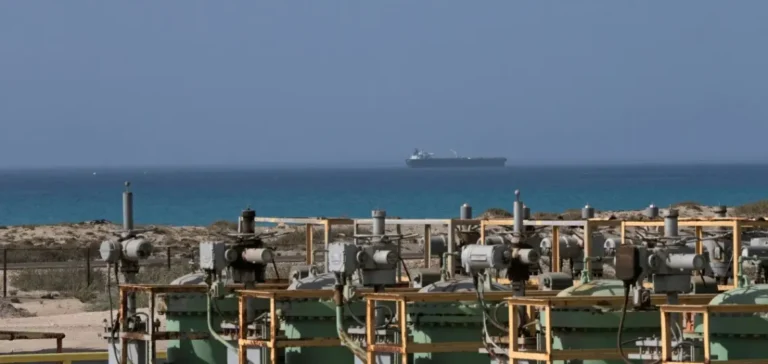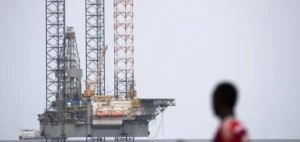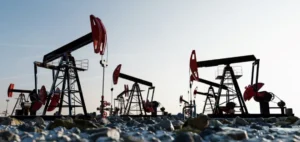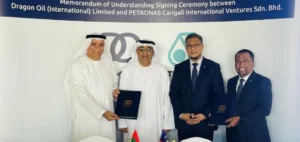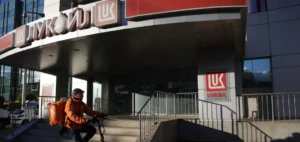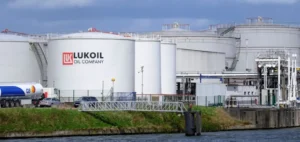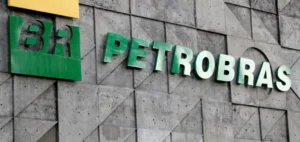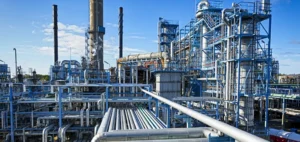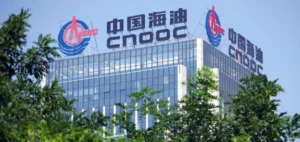The National Oil Corporation (NOC) of Libya announced on 3 July the return to service of the Hamada-Zawiya pipeline, out of action since a leak on 24 May. The line carries crude from the Hamada oilfield to the Zawiya refinery, the country’s main processing facility. The six-week interruption halted domestic fuel deliveries and forced the operator to suspend pumping at the field. Agence Ecofin reported on 4 July that throughput resumed at full capacity once pressure tests had been cleared.
Repair and network safety
Technical teams from Arabian Gulf Oil Company (AGOCO), a NOC subsidiary, isolated the pierced section, closed the upstream valve and transferred trapped crude to the neighbouring Tahara field to relieve over-pressure. The damaged stretch was then purged, cut out and replaced with a new fourteen-inch segment. According to the NOC, leak-tightness tests confirmed the restart with no observable pressure loss. No official figure has yet been released on volumes lost during the incident.
The Zawiya complex, with a nameplate capacity of 120 000 barrels per day, supplies about half of Libya’s demand for liquid fuels. Its forced halt obliged the General Electricity Company of Libya to increase diesel imports to keep coastal power plants running. Lacking sufficient buffer storage, the Hamada field stopped production to avoid upstream overflow. The Ministry of Oil said a full assessment of financial damage will be issued once metering data are consolidated.
Ageing pipeline stock
Recurring leaks highlight the fragility of a network partly laid in the late 1960s. In January 2021 a breach on the Samah-Zawiya line caused a daily loss of 200 000 barrels, while in June of the same year two simultaneous ruptures on the Sarir-Messla-Hariga route cut exports by 290 000 barrels. The NOC estimates that nearly seven hundred kilometres of pipe exceed their theoretical service life and face an elevated corrosion risk. Technicians recommend a systematic remote-sensing programme to locate hotspots before another leak triggers a major stoppage.
Necessary investment
At a conference in Tripoli in December 2023, NOC chairman Farhat Bengdara put the budget required to replace critical sections and raise national output to two million barrels per day within five years at USD17bn. He noted that funding should come from public-private partnerships and concessional loans tied to the reconstruction law passed the same year. Engineering company Petro-Services is drafting a master plan to standardise diameters and anti-corrosion coatings across the network. “The main projects that would raise national production concern the maintenance of pipelines installed in the 1960s. These lines have reached the end of their service life and must be replaced,” he reminded delegates.


